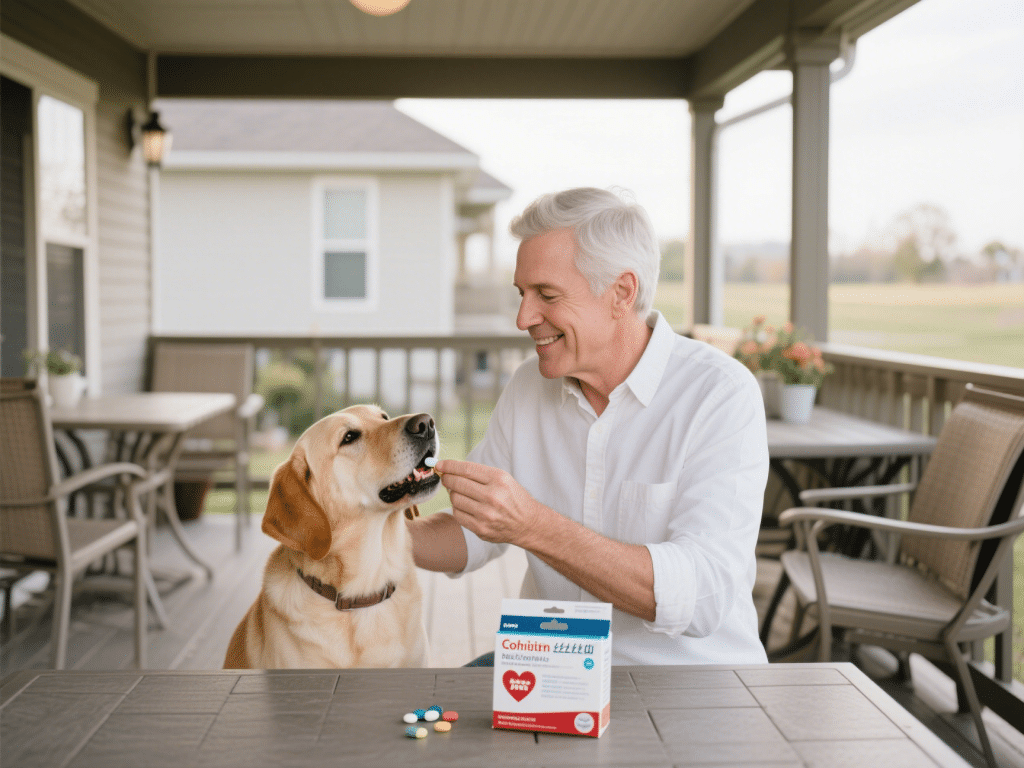Introduction
Seasonal allergies—hay fever, pollen, mold—affect not only humans but also cats and dogs. Recognizing symptoms early and implementing preventive measures can minimize discomfort, skin infections, and secondary health issues.
Common Allergy Triggers
Pollen & Grass – Tree pollen in spring and grass pollen in summer often trigger sneezing, itching, and watery eyes.
Dust Mites & Mold Spores – Indoor allergens peak during humid months and can flare up year-round in poorly ventilated homes.
Flea Allergies – Flea saliva can cause intense itching and dermatitis; even one bite can provoke a reaction in sensitive pets.
Recognizing Symptoms
Skin Irritation & Scratching – Repetitive scratching, licking, or chewing at paws and flanks.
Red, Inflamed Skin (Dermatitis) – Patches of redness, hot spots, or scabs on the belly, armpits, or ears.
Watery Eyes & Sneezing – Clear discharge from eyes or nose; may look like a cold but persists with seasonal changes.
Ear Infections – Recurring ear redness, odor, and head shaking can indicate allergy-related inflammation.
Behavioral Changes – Restlessness, irritability, or decreased appetite due to persistent discomfort.
Diagnosis & Veterinary Care
Physical Exam & History – Veterinarian will review your pet’s environment, diet, and symptom timeline.
Allergy Testing – Blood tests or intradermal skin testing pinpoints specific allergens when symptoms are severe.
Elimination Trials – Hypoallergenic diets help rule out food allergies that can mimic seasonal reactions.
Management & Prevention
Environmental Control
Regular vacuuming with a HEPA filter and frequent dusting reduce indoor allergens.
Wipe paws and fur with a damp cloth after outdoor walks to remove pollen.
Topical Treatments
Medicated shampoos containing oatmeal or aloe soothe irritated skin.
Over-the-counter wipes designed for pets can provide quick relief on outdoor excursions.
Medications
Antihistamines (e.g., cetirizine) under veterinary guidance may alleviate mild symptoms.
Prescription fatty acid supplements help strengthen the skin barrier and reduce inflammation.
In severe cases, corticosteroids or immunotherapy (allergy shots) may be recommended.
Flea Control
Maintain year-round flea prevention to avoid allergic dermatitis from bites.
Regularly wash bedding and vacuum carpets to eliminate flea eggs and larvae.
Conclusion
Seasonal allergies in pets require attention to environmental factors, timely veterinary evaluation, and consistent management. By learning to recognize the signs and implementing these strategies, you can keep your pet comfortable and healthy through every season.










Comments on "What Every Pet Owner Should Know About Seasonal Allergies" :